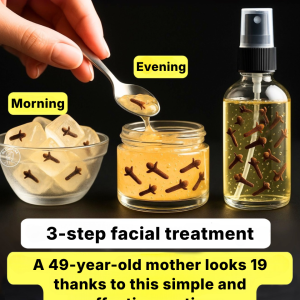
Skin irritation is one of the most common issues people experience, regardless of age or skin type. Symptoms such as redness, itching, burning, or dryness can appear suddenly and cause significant discomfort. Fortunately, with proper care and awareness, most cases of irritation can be relieved or even prevented entirely.
Common Causes of Skin Irritation
Skin irritation can arise from a variety of triggers. One of the most frequent is contact with harsh chemicals found in soaps, detergents, and cleaning products. Even certain skincare or cosmetic products may contain fragrances or preservatives that inflame sensitive skin.
Environmental factors are another major cause. Sudden weather changes—particularly dry air, heat, or cold wind—can weaken the skin’s natural moisture barrier. Likewise, sunburn or prolonged exposure to UV rays often leads to inflammation, peeling, and discomfort.
Allergic reactions can also cause irritation, whether due to fabrics, plants like poison ivy, or metals such as nickel. Internal factors, including stress and diet, may further influence the skin’s sensitivity, making it more reactive or prone to breakouts.
Effective Home Remedies

The first step in soothing irritation is identifying and eliminating the trigger. If you recently changed your soap, detergent, or skincare product, stop using it for several days to see if your skin improves.
To calm the affected area:
- Apply a cold compress to reduce inflammation and heat.
- Use pure aloe vera gel, known for its cooling and anti-inflammatory effects.
- Take an oatmeal bath for widespread irritation or itching—oatmeal naturally soothes and moisturizes the skin.
- Apply coconut oil or shea butter to restore the skin’s protective barrier and prevent dryness.
- For mild rashes, an over-the-counter hydrocortisone cream may help reduce redness and itching.
If irritation is caused by shaving or waxing, switch to a gentle, fragrance-free moisturizer and avoid wearing tight clothing that rubs against the affected area.
When to See a Dermatologist

Most cases of irritation are temporary, but persistent or severe symptoms should not be ignored. If you develop blisters, swelling, pain, or oozing, it may indicate an infection or allergic reaction that requires medical attention.
Chronic redness, scaling, or recurring irritation could signal underlying conditions such as eczema, psoriasis, or rosacea. In such cases, consulting a dermatologist is essential for proper diagnosis and targeted treatment.
Tips to Prevent Skin Irritation
Prevention starts with gentle, consistent skincare habits:
- Choose mild, fragrance-free cleansers and moisturizers formulated for sensitive skin.
- Avoid over-exfoliating or using products with alcohol or strong acids too often.
- Always moisturize after bathing while your skin is still slightly damp to lock in hydration.
- If your hands are frequently exposed to water or cleaning agents, wear protective gloves and reapply hand cream regularly.
Conclusion
Healthy skin begins with balance and awareness. By identifying irritants, using gentle products, and protecting your skin daily, you can prevent most cases of irritation and maintain a smooth, comfortable complexion.




